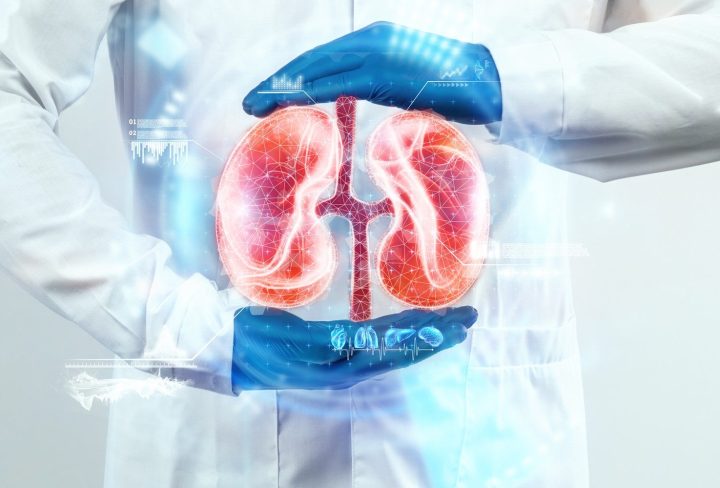Chronic Kidney Disease (CKD) is a condition that affects millions of people worldwide. It is often referred to as a “silent disease” because many people with CKD may not experience symptoms until the disease has progressed to a more advanced stage. In this blog, we will discuss the symptoms of CKD that should not be ignored.
What is Chronic Kidney Disease?
Chronic Kidney Disease is a condition that occurs when the kidneys are damaged and cannot filter waste products from the blood. The damage can be caused by a variety of factors, including high blood pressure, diabetes, and certain medications. When left untreated, CKD can progress to kidney failure, which requires dialysis or a kidney transplant.
Symptoms of Chronic Kidney Disease
As mentioned, many people with CKD may not experience symptoms in the early stages of the disease. However, as the disease progresses, the following symptoms may occur:
- Swelling: Swelling in the legs, ankles, feet, or face may occur due to fluid retention caused by decreased kidney function.
- Fatigue: Chronic fatigue or feeling weak and tired can occur due to the buildup of toxins in the body.
- Changes in Urination: Urinary changes may occur, such as decreased urine output, blood in the urine, or foamy urine.
- Shortness of breath: Difficulty breathing or shortness of breath can occur due to fluid buildup in the lungs caused by decreased kidney function.
- High Blood Pressure: High blood pressure can be a symptom of CKD and can also contribute to the progression of the disease.
When to See a Doctor?
If you experience any of the symptoms listed above, it is important to see a doctor for a diagnosis. Early detection and treatment of CKD can slow down or even stop the progression of the disease. In addition, people with a family history of kidney disease, diabetes, or high blood pressure should get tested regularly for CKD.
Treatment and Prevention
The treatment for CKD depends on the underlying cause of the disease. Lifestyle changes such as maintaining a healthy diet, quitting smoking, and exercising regularly can help prevent the progression of the disease. In addition, medications may be prescribed to control high blood pressure or blood sugar levels.
Chronic Kidney Disease is a serious condition that can have serious health consequences if left untreated. Although many people with CKD may not experience symptoms in the early stages of the disease, it is important to be aware of the symptoms that may occur as the disease progresses. By recognizing these symptoms and seeking medical attention early, we can take steps to manage the disease and improve our overall health.

